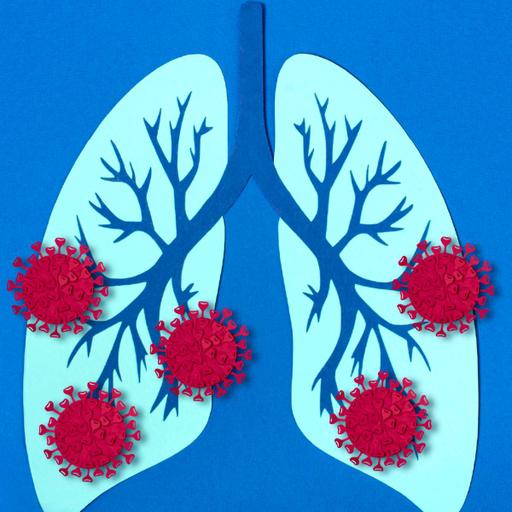Complications in COVID19
Presentations | English
COVID-19 is a new rapidly spreading epidemic. The symptoms of this disease could be diverse as the virus can affect any organ in the body of an infected person. If you have COVID-19, the illness that comes from infection with the recently discovered coronavirus, your symptoms may be relatively mild and manageable at home. That’s true for most people. But if you’re older or have another illness such as diabetes or heart disease, you’re more at risk for the serious form of COVID-19. People -- about 1 in 6 -- will have complications, including some that are life-threatening. Many of these complications may be caused by a condition known as cytokine release syndrome or a cytokine storm. This is when an infection triggers your immune system to flood your bloodstream with inflammatory proteins called cytokines. They can kill tissue and damage your organs, including your lungs, heart, and kidneys. Some of the complications are acute respiratory distress syndrome, pneumonia, acute respiratory failure, acute liver injury etc. Since we are still at the early stages of the COVID-19 epidemic, it is too soon to predict what long-term complications are likely to appear in the survivors of the disease in years after recovery. Furthermore, the complexity of COVID-19 behaviours and targets in the human body creates uncertainty in anticipating long-term complications.

6.75
Lumens
PPTX (27 Slides)
Complications in COVID19
Presentations | English
